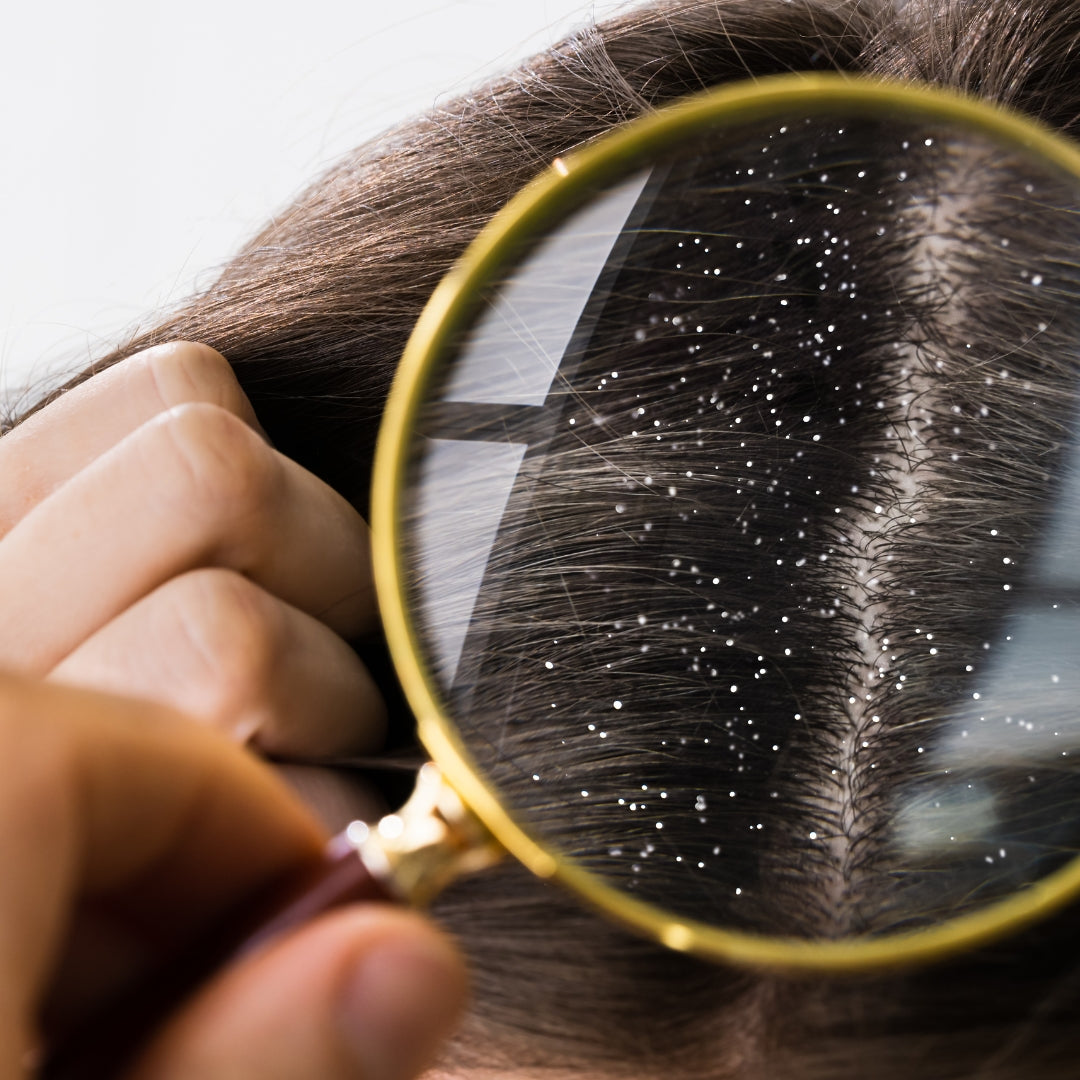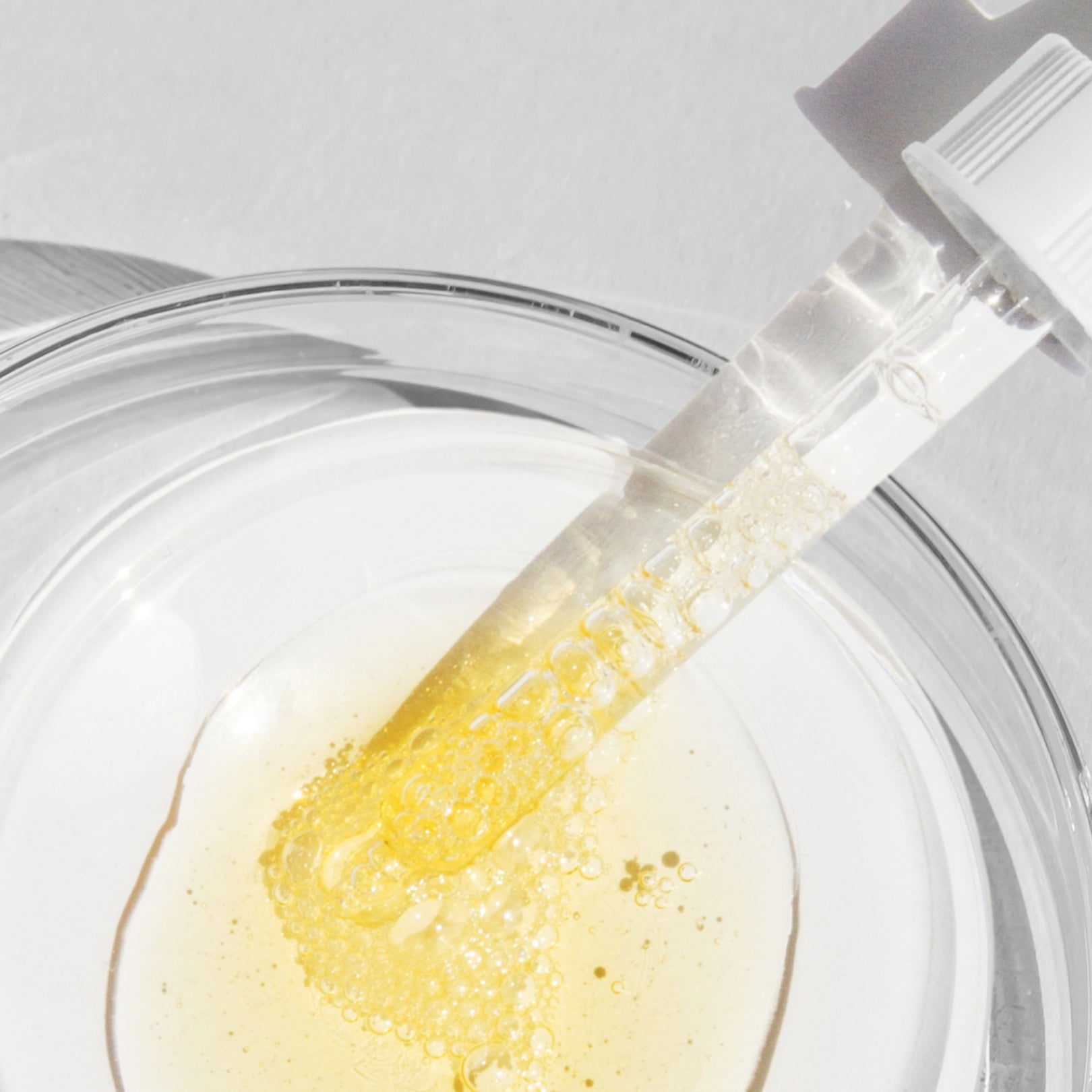Caffeine for hair loss
Does wiki's 9 step coffee hair treatment work?
Maybe .... but it looks very messy!
This article will explore:
- How caffeine works to improve hair growth
- Caffeine vs Minoxidil vs Caffeine + Minoxidil - the clinical evidence
- How long should you leave caffeine hair loss shampoo in your hair before rinsing?
How does caffeine work for hair growth?
Caffeine is thought to improve hair growth by prolonging the anagen (growth phase) of the hair cycle as well as inhibiting some DHT activity.
The proposed mechanism is by inhibiting the enzyme phosphodiesterase which increases energy levels in cells to promote cell growth. To demonstrate this concept, a study conducted by Fischer et al. used hair organ culture model to investigate the effects of testosterone and caffeine on hair follicles.
This in vitro study used scalp biopsy samples from male with androgenic alopecia which were exposed to different concentrations of testosterone and caffeine solutions for a period of 120-192 hours. The hair samples exposed to testosterone had reduced growth and the while the hair follicles exposed to testosterone plus the addition of caffeine in concentrations of 0.001% and 0.005% were found to counteract the suppressive effects of testosterone. The testosterone + caffeine samples had a higher hair shaft elongation seen at 120 h after caffeine administration, compared to the testosterone only group.
Caffeine vs Minoxidil for hair growth - the clinical evidence
In 2017, Dhurat et al showed that 0.2% caffeine-based topical liquid produced similar results to minoxidil 5% solution in men with androgenetic alopecia using using a frontal and occipital trichogram. Dhurat's randomised controlled study included 210 men with androgenic alopecia for a period of six months. At 6 months, the 5% minoxidil solution group showed a mean improvement in anagen growth of 11.68% versus the 0.2% caffeine solution group who had an anagen improvement of 10.59%.
Does this mean we should ditch Minoxidil? Certainly not.
Another study showed that combining Minoxidil 2.5% and Caffeine produced better hair growth than caffeine alone. The randomised double blinded study included 60 participants over 150 days. Group 1 participants applied 1ml of Minoxidil 2.5% + Caffeine topical solution twice daily while Group 2 participants applied 1ml of Minoxidil 2.5% topical solution twice daily. After 150 days, Group 1 participants showed statistically significant better growth.
Pazoki-Toroudi demonstrated that the combination of Azelaic Acid + Caffeine + Minoxidil 5% Solution produced the same results at 12 weeks compared to Minoxidil 5% Solution at 32 weeks. In other words, the combined ingredients provided a faster response to reduce hair shedding using the hair wash test compared to Minoxidil alone.
How long does it take for topically applied caffeine to be absorbed into hair follicles?
A recent study assessed the follicular penetration of caffeine on topical application in a shampoo formulation for 2 min and showed that penetration via hair follicles was faster and higher compared with the interfollicular route. The interfollicular route is the scalp area between each hair follicle.
What is our take on Caffeine?
There is promising evidence for caffeine for the management of hair loss, however, it should not be used as a single agent. Combining Caffeine with other hair promoting agents such as Minoxidil can significantly improve hair growth.
References
1. Bansal, M et al. Role of Caffeine in the Management of Androgenetic Alopecia. Int J Trichology. 2012 Jul-Sep;4(3):185–186.
2. Dhurat, R et al. An Open-Label Randomized Multicenter Study Assessing the Noninferiority of a Caffeine-Based Topical Liquid 0.2% versus Minoxidil 5% Solution in Male Androgenetic Alopecia. Skin Pharmacol Physiol. 2017 Oct 21;30(6):298–305.
3. Chen, D et al. Anti-hair loss effect of a shampoo containing caffeine and adenosine. Journal of Cosmetic Dermatology. 19 May 2024.



